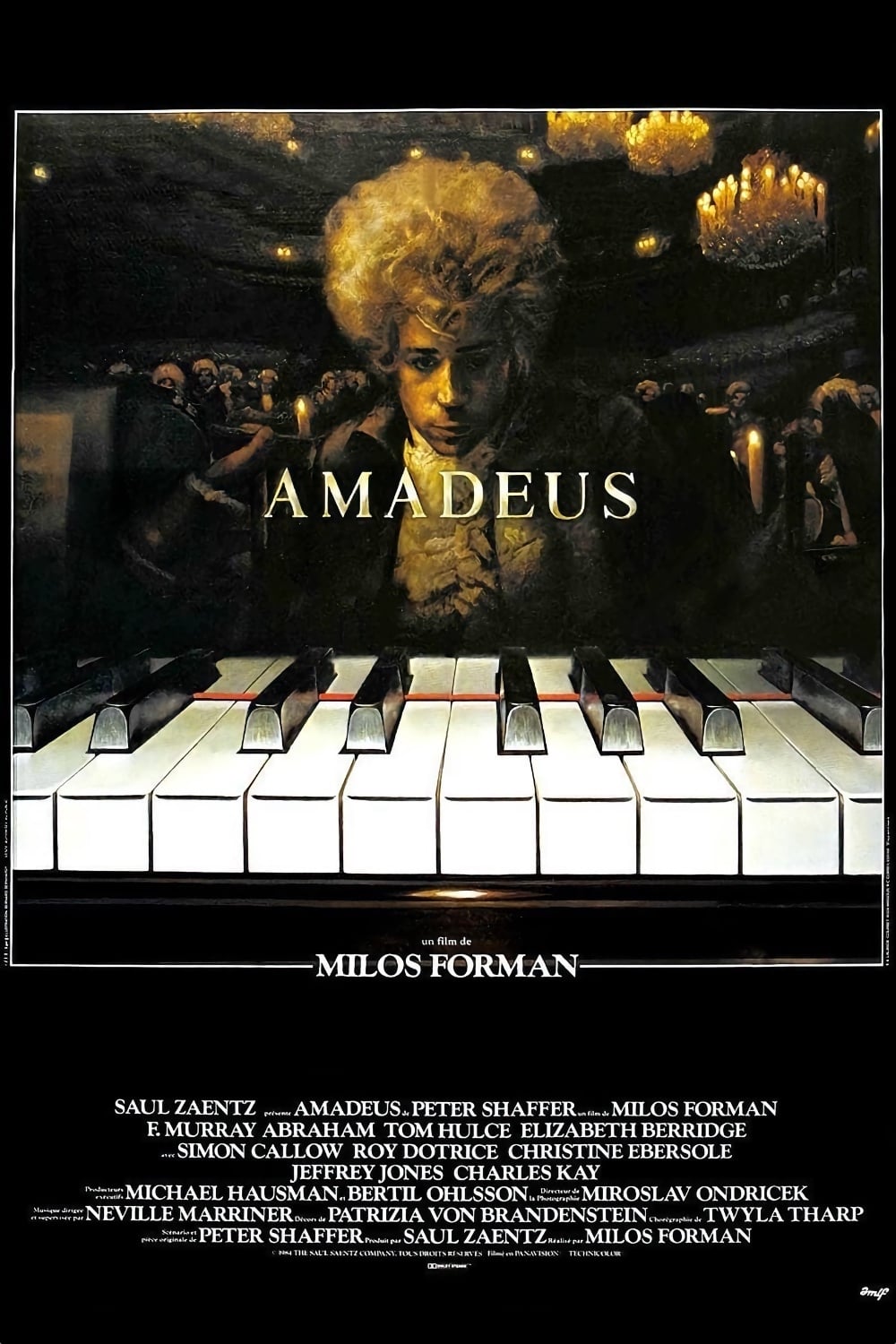

“Ten minutes of scales and ornaments, amounting in sum to a vast emptiness. Hearing the ornate aria sung by Katherina, Salieri is thrown into a jealous rage: The time for Salieri to take more drastic action arrives at opening night of Mozart’s opera. “ I would set the legend of Danaius, who, for a monstrous crime, was chained to a rock for eternity, his head repeatedly struck by lightning! Wickedly in my head I saw Mozart in that position…In reality, of course, the man was in no danger from me at all…Not yet.” Salieri, embarrassed and enraged, finds inspiration for his own next opera: To further the insult, Mozart, oblivious, sits at the piano and transforms Salieri’s pedestrian “March of Welcome” (which he plays from memory) into a masterpiece as Salieri watches. He distrusts Mozart’s motives in casting the beautiful Katherina. Joseph leaves them with his customary answer to all things:Īfter the Emperor departs, Mozart and Salieri discuss the opera further and Salieri learns that his pupil Katherina Cavalieri will play the lead. The Emperor, not exceedingly bright, doesn’t seem to notice. He convinces the Emperor to approve this choice while clumsily insulting the Italian Salieri. Members of the royal court are shocked to learn that the opera Mozart is composing for the court is set in a harem. As Court Composer, Salieri plays a “March of Welcome” for Mozart’s entry.

The next time Salieri sees his rival, Mozart has arrived at the court of Emperor Joseph who has commissioned him to write an opera. “It seemed to me that I had heard the voice of God – and that it issued from a creature whose own voice I had also heard – and it was the voice of an obscene child!” Of the music and its composer he tells us: While enjoying some pre concert sweets, Salieri is mortified to witness Mozart and Constanze playing a children’s game of cat and mouse.īut after witnessing this decidedly juvenile display Salieri is amazed by the perfection of the music presented at the concert. His Venticelli also inform him that Mozart has become engaged, against his father’s wishes, to Constanze Weber. He hears that Mozart will perform at the home of a Baroness and plans to attend the concert. Worried about the praise he has heard for Mozart’s work, Salieri decides to investigate this new arrival further. “1: They say he wrote his first symphony at 5. Now he hears that a rival has arrived from Salzburg – Wolfgang Amadeus Mozart, a child prodigy who had once been paraded about Europe by his father, had now come to find work in Vienna: Salieri has achieved some fame as a court musician in Vienna, and to help maintain this stature, he relies on his paid gossips the Venticelli, or “Little Winds,” to keep him apprised of the happenings in the city. Music! Absolute music!…A note of music is either right or wrong absolutely! Not even time can alter that: music is God’s art.” I wanted to blaze, like a comet, across the firmament of Europe. He longs to become First Royal Kapellmeister, director of music to the royal court of Emperor Joseph II of Austria, and to achieve immortality through the creation of music that will live long past his death. His greatest vice, outside of a ravenous sweet tooth, is his “unquenchable” ambition and desire to achieve fame. Having promised God in his youth that he would live a virtuous life in exchange for success as a composer, Salieri remains faithful to his tepid wife, Teresa, despite his intense lust for his prized pupil, the beautiful soprano Katherina Cavalieri, A young Salieri is living a respectable life as Court Composer for the Austria Emperor. He begins his story forty-four years earlier. “And now! Gracious ladies! Obliging gentlemen! I present to you – for one performance only – my last composition, entitled The Death of Mozart – or, Did I Do It?”

Salieri, in the “last hour of life” calls to the audience: No one knows whether to believe it, or why Salieri might have wanted to murder Mozart. A rumor has begun to circulate in Vienna that 34 years ago Salieri had poisoned his rival Mozart. Our story opens in 1825 on the eve of the elderly Salieri’s death. The play, brought to life with the music of Mozart, is a tale of jealousy and betrayal…and perhaps even murder. Peter Shaffer’s Amadeus is a reimagining of the lives of Antonio Salieri and Wolfgang Amadeus Mozart.


 0 kommentar(er)
0 kommentar(er)
